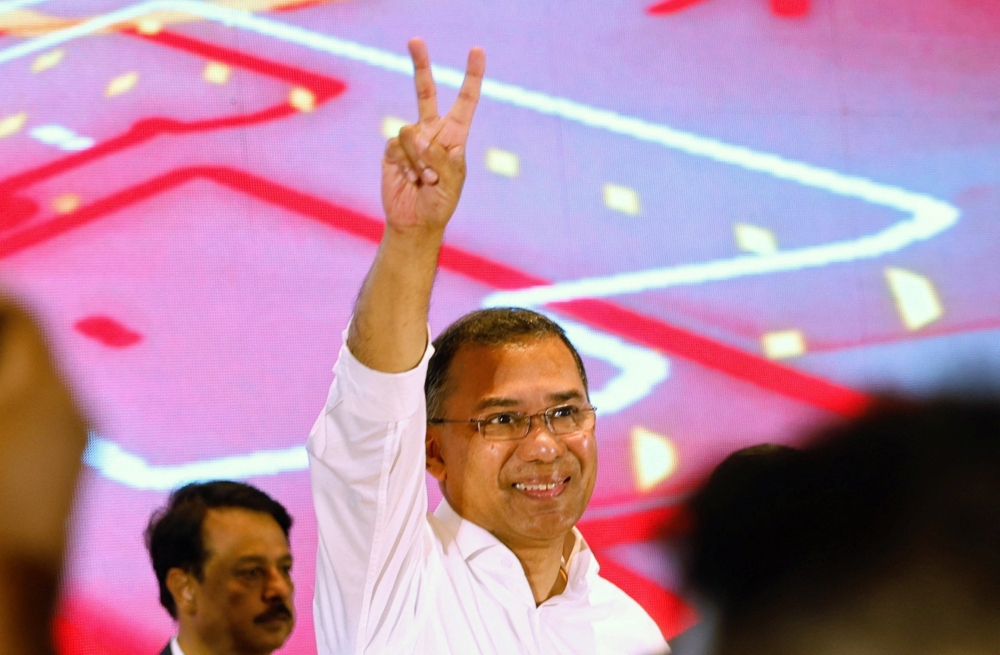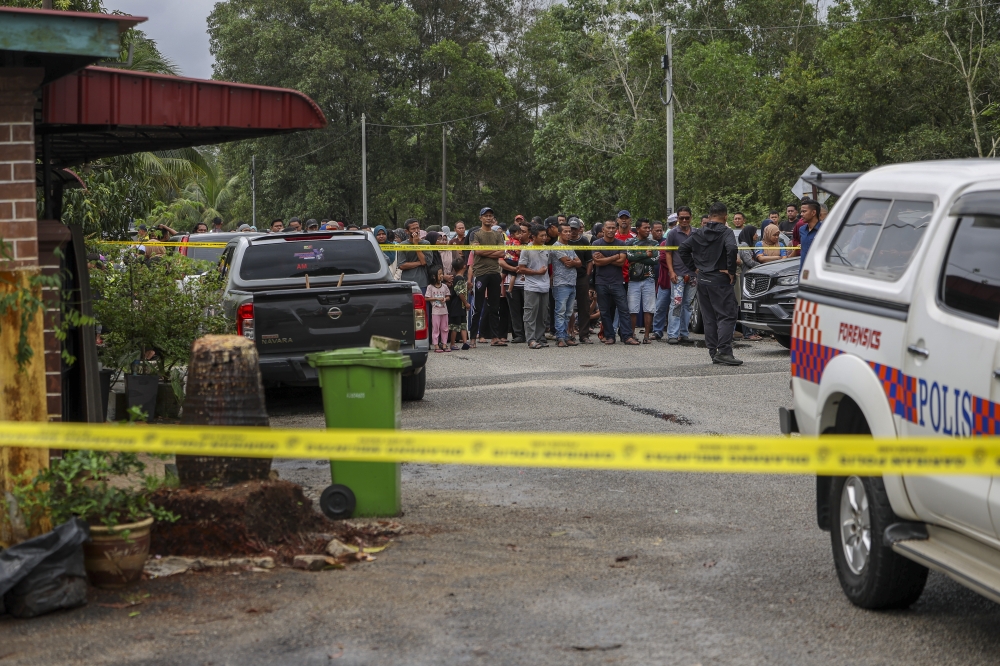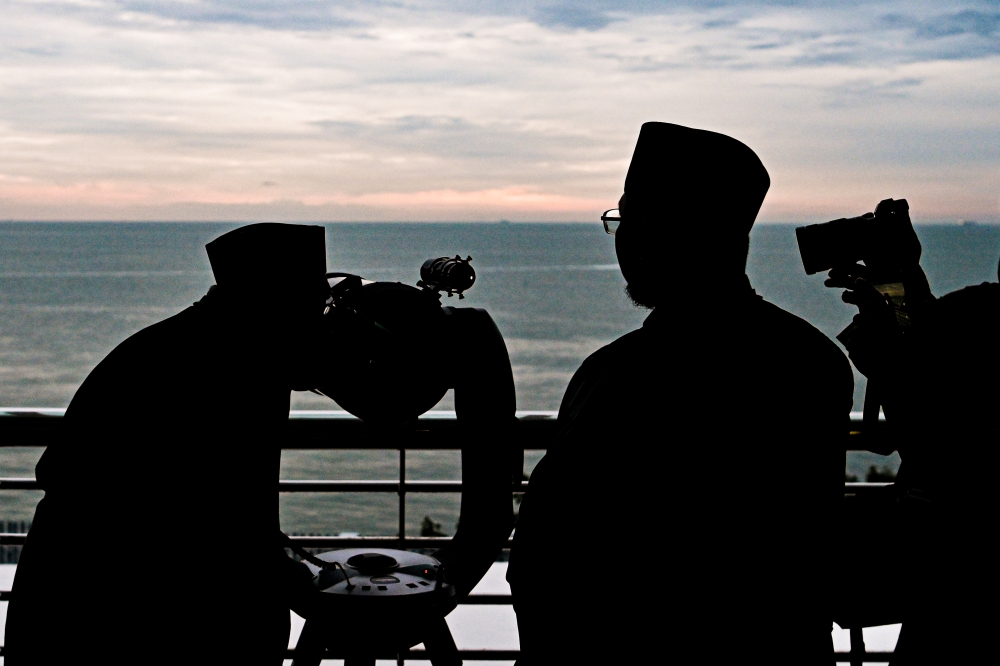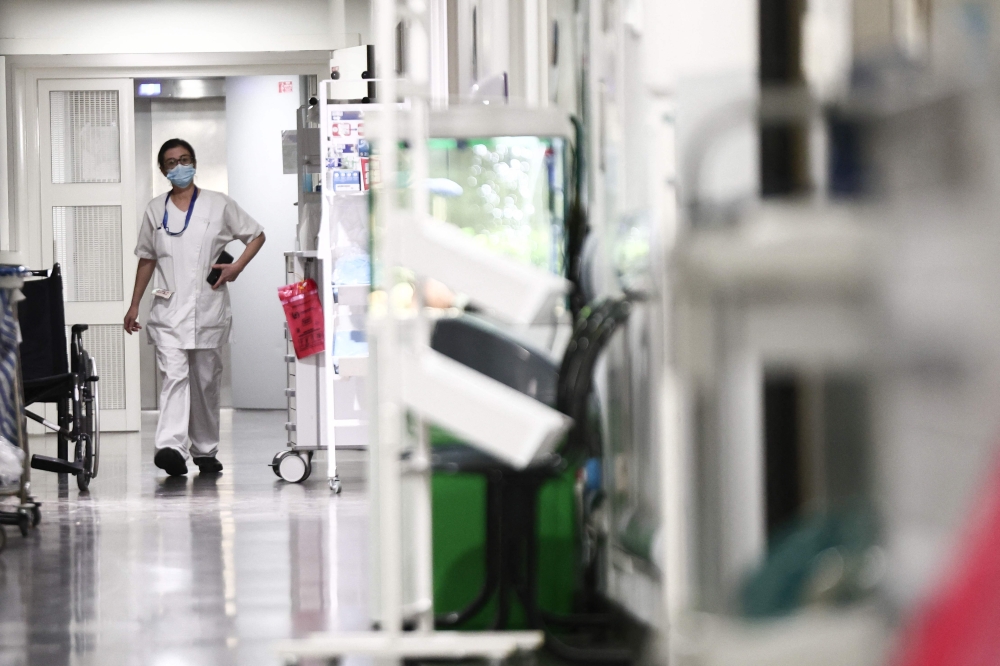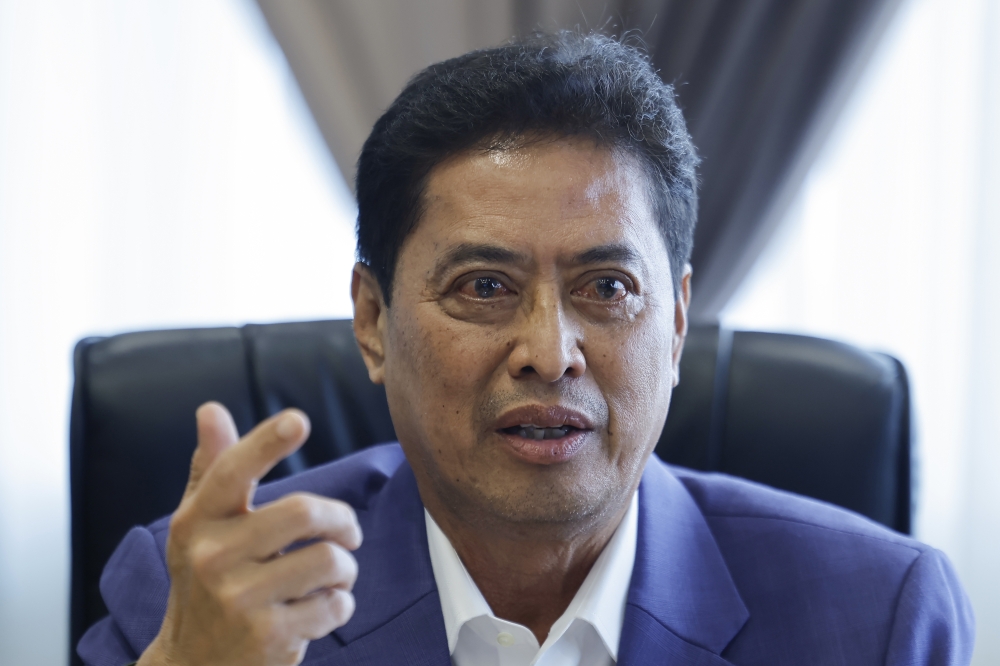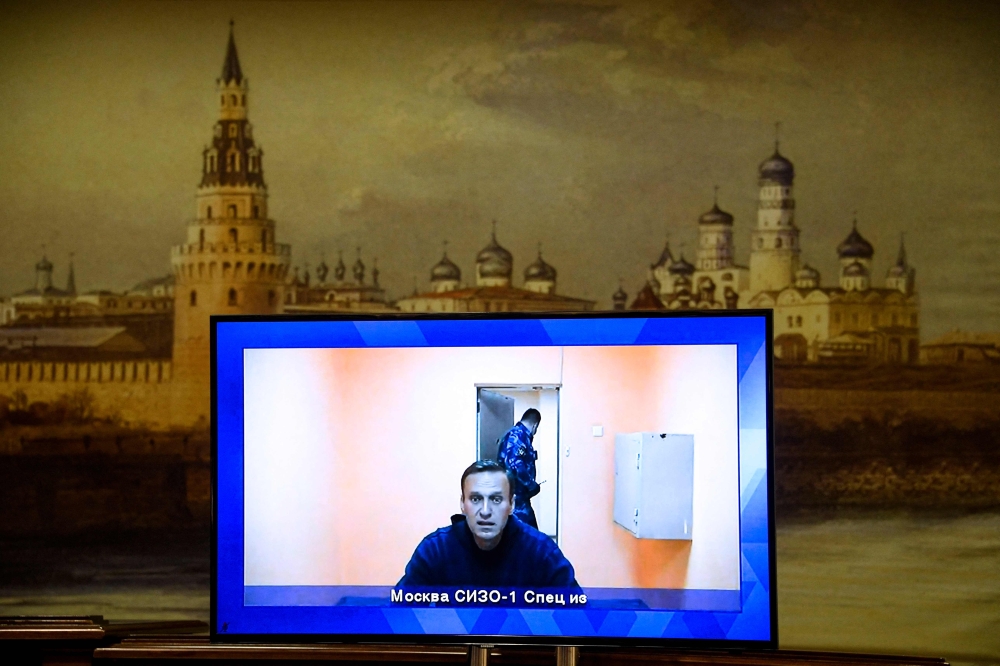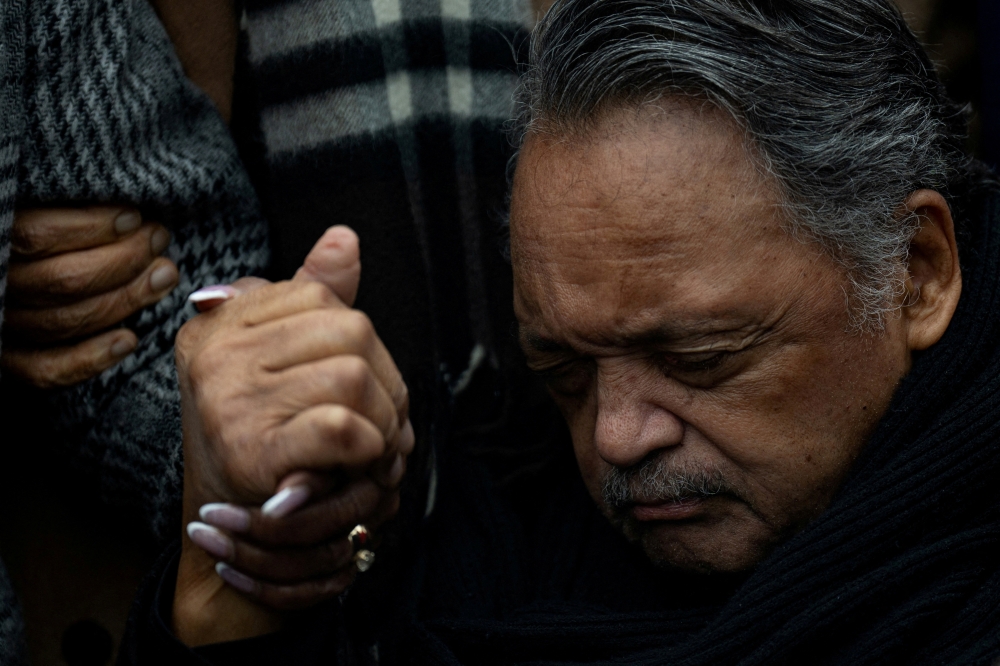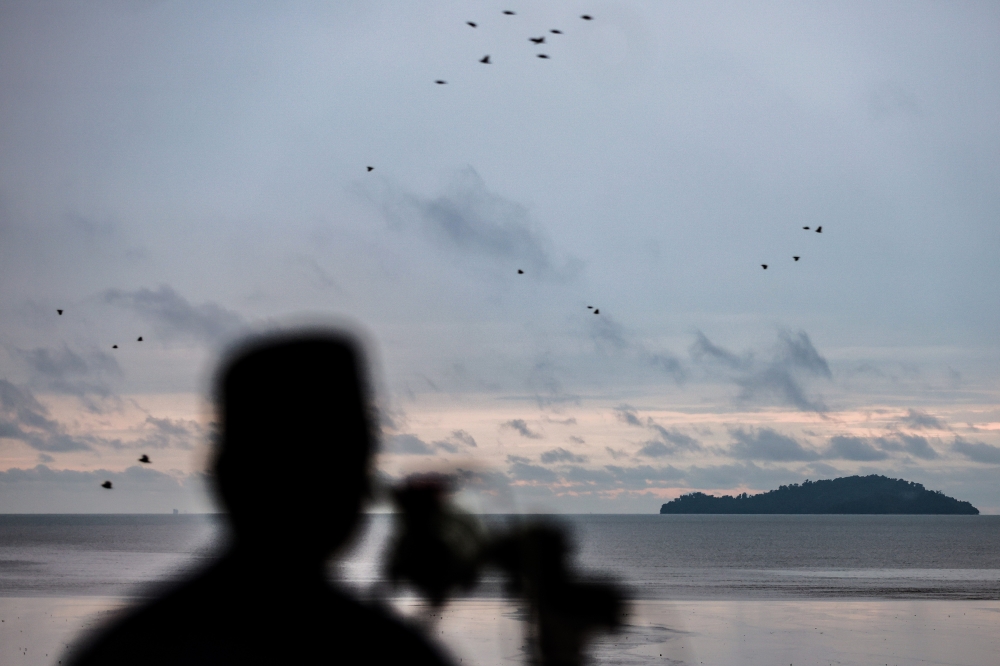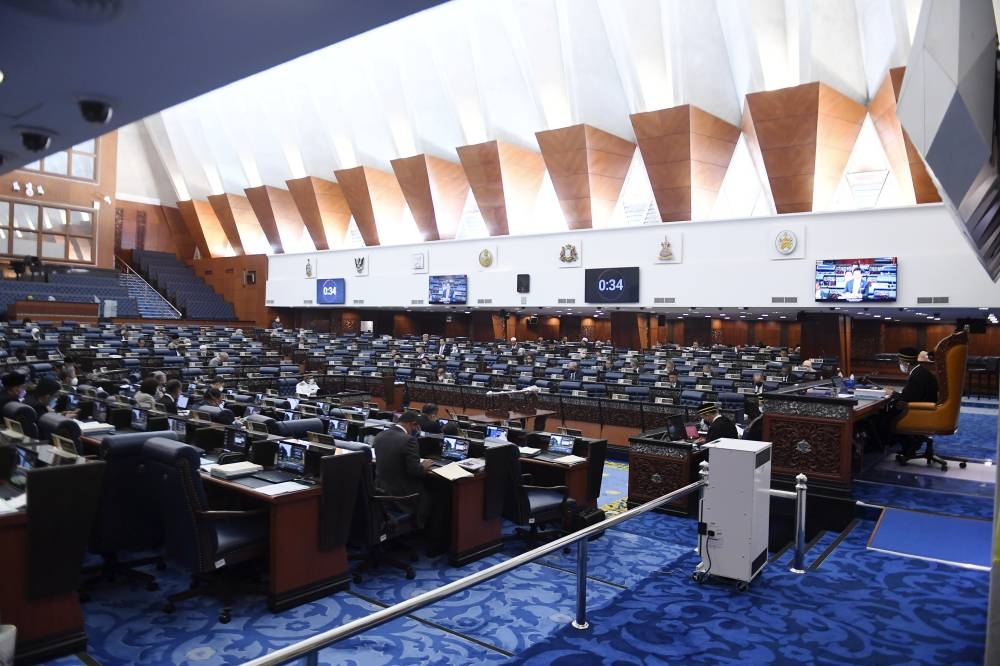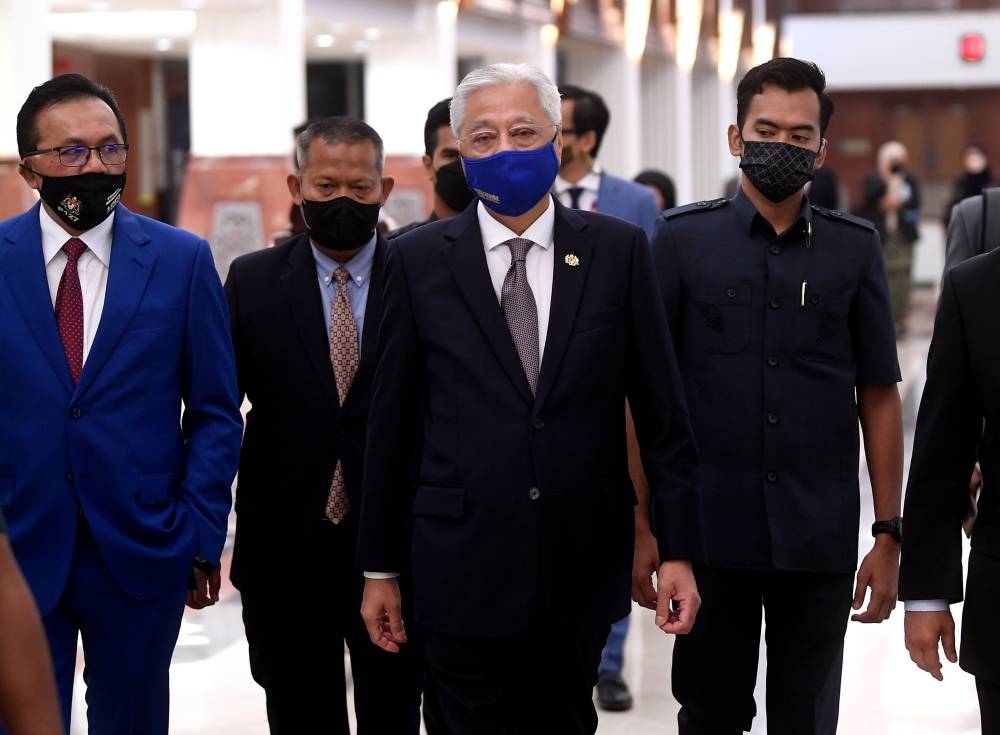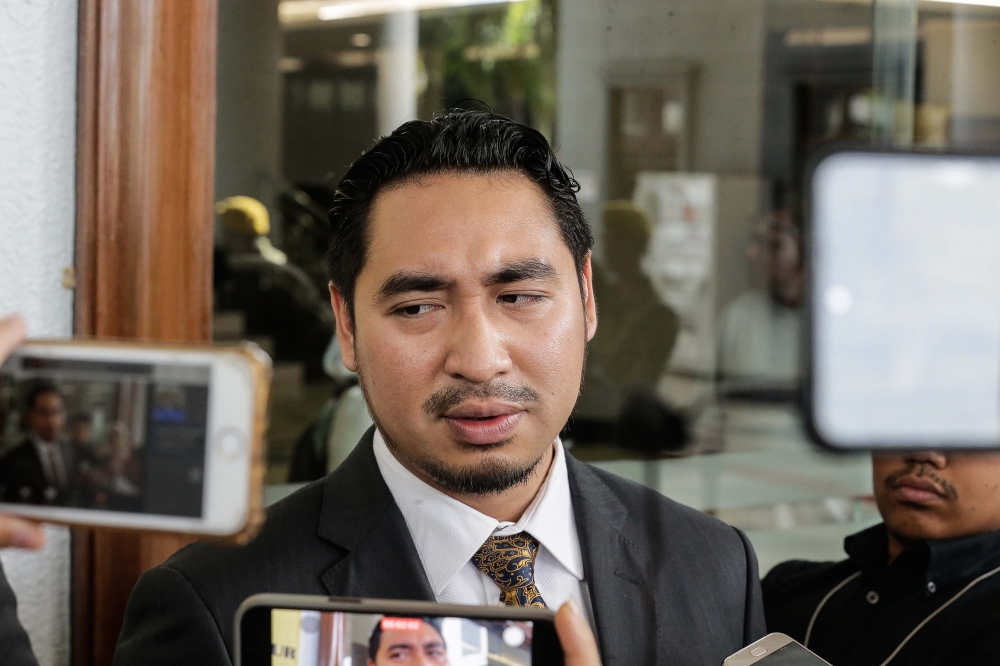KUALA LUMPUR, July 19 — The mechanism for targeted petrol subsidies is currently in the early stages of testing, said Finance Minister Datuk Seri Tengku Zafrul Abdul Aziz.
He said that it will take another three to six months of study before the system is implemented, as the government is finding ways to do away with bulk subsidies.
“The testing will be followed by more extensive evaluation in terms of other methods as well as determining the feasibility of such a mechanism not only in urban areas, but also rural ones.
“The development and testing of a targeted subsidy system is expected to take a period of between three and six months before it is ready for implementation nationwide,” he told Dewan Rakyat today.
Tengku Zafrul added that the implementation of targeted subsidies will be carried out in phases to ensure that it does not result in sudden inflation or affect the momentum of economic growth.
This would be similar to the approach taken by the government for chicken, where in order to reduce market distortions, the government increased the ceiling price of chicken by 50 sen per kg, but at the same time, provided additional cash assistance to B40 groups.
“In line with this approach, the government will not increase the price of petrol to reflect the market price without subsidies given its impact on inflation, even though the RON95 price of RM2.05 per litre is approximately 50 per cent that of the real price without subsidies.
“Thus, the government’s strategy is to ensure the replacement of bulk subsidies with a combination of targeted subsidies and cash assistance in stages,” he said.
Tengku Zafrul was responding to questions from Wong Hong Wai (Bukit Bendera-DAP) on the government subsidy policy this morning.
On a related note, Tengku Zafrul said the inflation rate in Malaysia is moderate and under control, at 2.2 per cent for the first and second quarters of 2022.
“But recently, recording 2.8 per cent for May, there was a slight increase, while in the same month, developed countries, such as the United States and the United Kingdom, reached 9 per cent, while Thailand saw 7 per cent and the Philippines over 7 per cent.
“So Malaysia’s inflation rate can be considered moderate due to price controls on basic goods and services,” he said.


